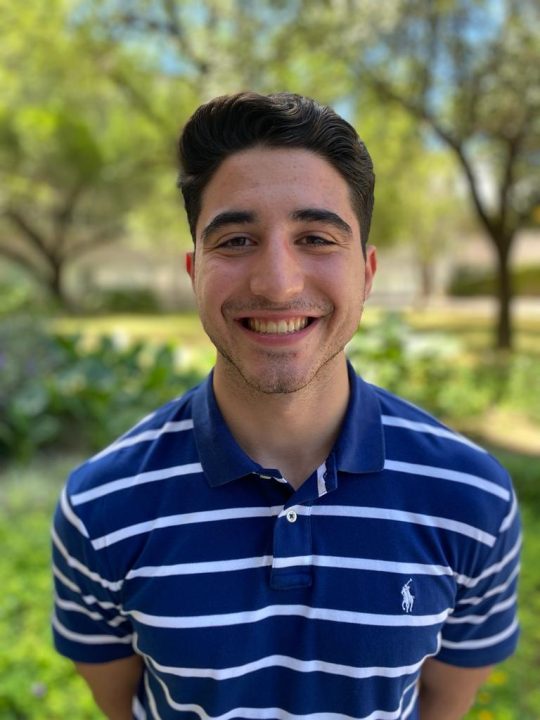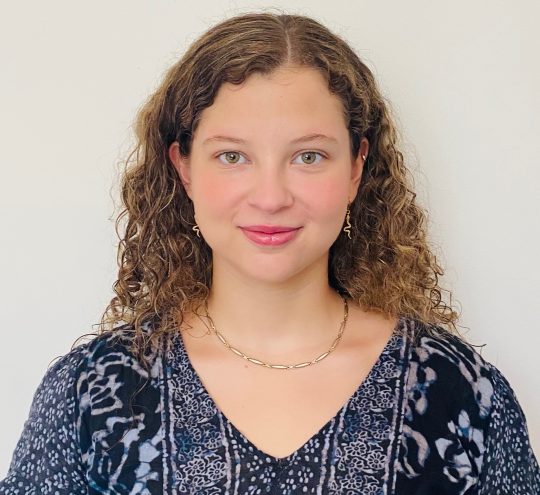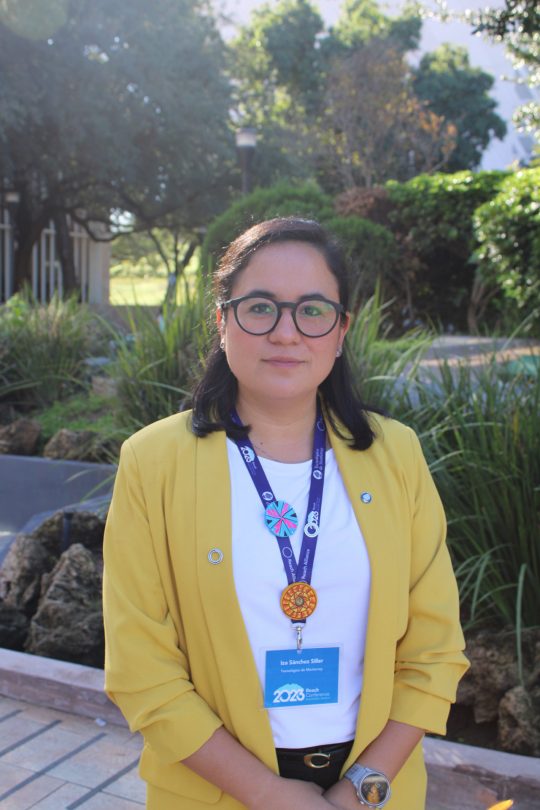
Mexico
Unsupported Medical Interns in Rural Medical Units, Nuevo León
- Status
- Completed Research
- Research Year
- 2022-23
The limited provision of material resources provided to medical units in rural areas can severely impact the service that health professionals stationed in these clinical care offices provide. The recent austerity policies implemented by the government have exacerbated this issue, causing shortages of doctors and nurses, insufficiency in medication availability, reductions of intern support, and even insufficiencies in regard to essential services like electricity and internet connection. One of the main recurring issues is that social service medical interns (SSMI) are sent remotely to work with few supplies, limited training in primary health care, and little to no mentorship or supervision during their service. The case study presented examines the realities and expectations of the SSMI to understand the effect of material resource shortage on clinical care delivery.
Researchers
-

-

-

-

Tecnológico de Monterrey
Ángel Ruiz Hernández
-

Mentors
-

Tecnológico de Monterrey
Iza Maria Sánchez Siller
Professor at School of Humanities and Education, Tecnológico de Monterrey
-

Tecnológico de Monterrey
Ingrid Valeria Galicia González
Professor, Department of Economics, Tecnológico de Monterrey

